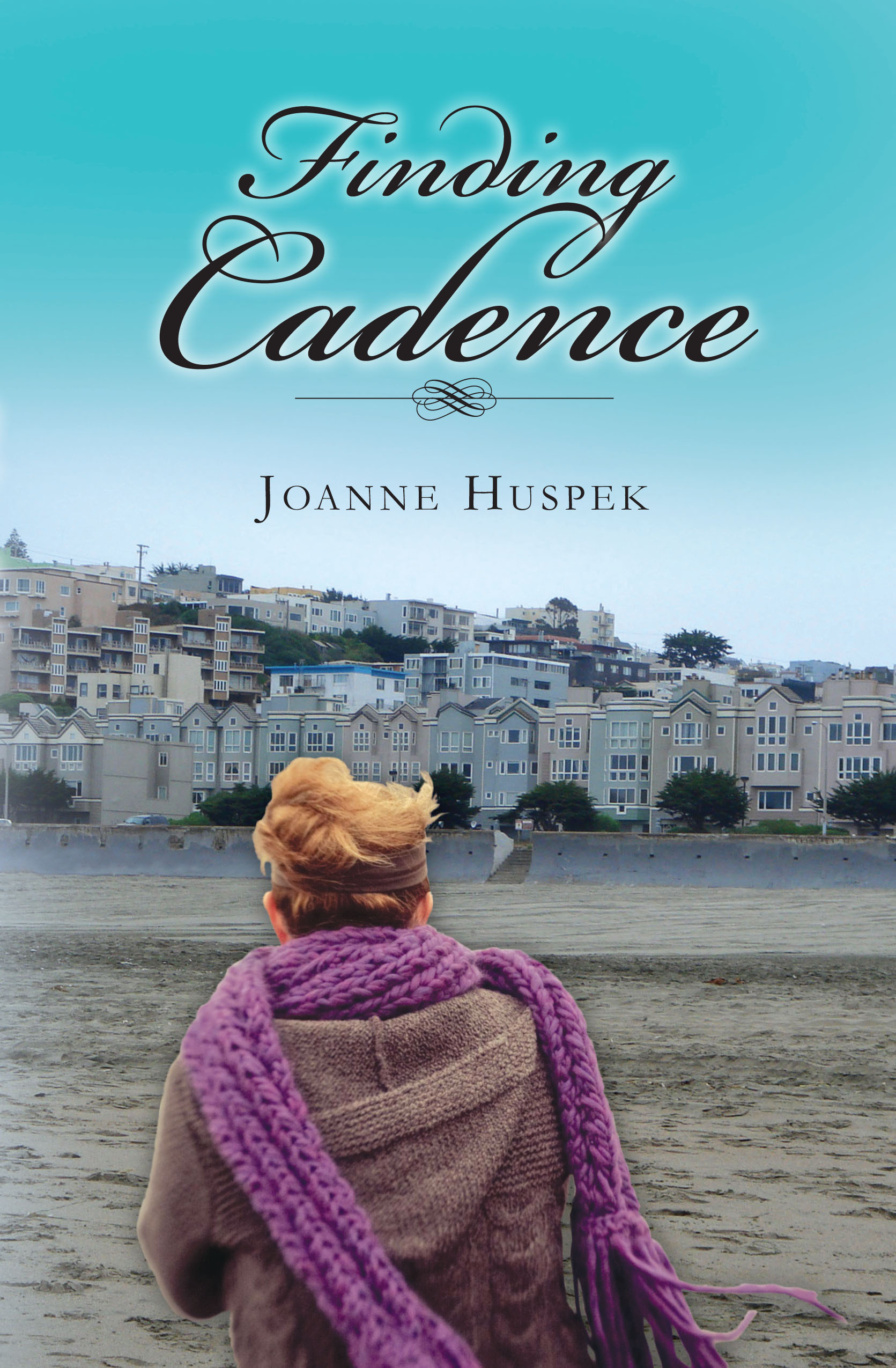Now that the novel is finished (I think…if I can keep my hands off it, finally), I’ve spent the first week of the new year adjusting my query letter. I actually sent one off too! My goal for this year is to send one out each week. However, the entire process of querying agents is often overlooked by fledgling published author-wannabes, who send out mass email blasts to every literary agent from coast to coast.
That’s right, querying agents is not so easy.
In fact, I spent a couple of days researching agents before I sent off my first letter.
Before that, I spent a year following agents around online. This is easily done on Twitter and Facebook. OK, so it’s professional cyber-stalking, but it’s a necessary task before the clueless writer sends the work off to the great beyond. This because there is a protocol, and God forbid if Clueless Writer does something totally tacky. You can gain a lot of insight by reading the pet peeves of various agents. They are sometimes funny, sometimes informative, and sometimes downright scary, as in you don’t want to mess with this person kind of scary.
Twitter is a wonderful resource, because you can eavesdrop on agents as they talk to each other. The agent web appears to be quite huge. After a while, you get to know them by their responses. I know you don’t really know them, but it gives you a feel for their personalities.
As luck would have it, I happened to see this online yesterday – talk about timely. This article is a must-read for anyone who is contemplating sending out a query letter. It’s long, but there is so much information packed into the post that I have bookmarked it for later use.
I use the Query Tracker website (if you do not, you should check it out), where you can search for agents according to genre. This, my friends, is a very good thing to do. Agents who only represent non-fiction are loathe to answer a letter from a romance novelist, and there is probably similar annoyance going the other way.
But it’s not only finding the agent to fit your needs, you must find the right agent for the genre, for the type of book you have written. For example, in the world of romance, there are many sub-genres. Agents who represent historical romance usually stick to that sub-genre. It’s the same with chick-lit, steamy traditional romance, Christian romance, alternative romance, etc. I can imagine an agent of Christian romance opening up a query letter from someone who has written erotica. Oops doesn’t even begin to describe it.
I also took some time to research where my favorite authors are represented. Yes, it’s painstaking. I know a few authors (some by name only and others more personally) but I would never think to ask them who their agent is. I could be wrong, but that shouts TACKY in 120 decibels. Besides, a good Internet sleuth can find the information with a little perseverance. Take copious notes, because if you’re like me, you could lose your place among the hundreds of agencies you are looking at.
Query letters are business letters, and aspiring authors should remember that. In my Day Job, I write business letters all day long, so I realize the need to be concise. It’s just a little different with a query letter, in that you are trying to sell your work using as few words as possible. There has to be a hook, something that will keep the agent reading. Be pleasant, be respectful, and try not be cliche. Agents are looking for a spark of creativity. You’re a writer, right?
Be prepared to have a synopsis in your back pocket as well. I have a huge, detailed query letter for those agents not asking for a synopsis, and a shorter one for those who do. (A confession: I am not good at writing synopsis. I know. I should take a class.)
I may not be an expert, but I know how to follow those who do.








Pingback: Tweets that mention Queries and Agents « Joanne Huspek’s Blog -- Topsy.com